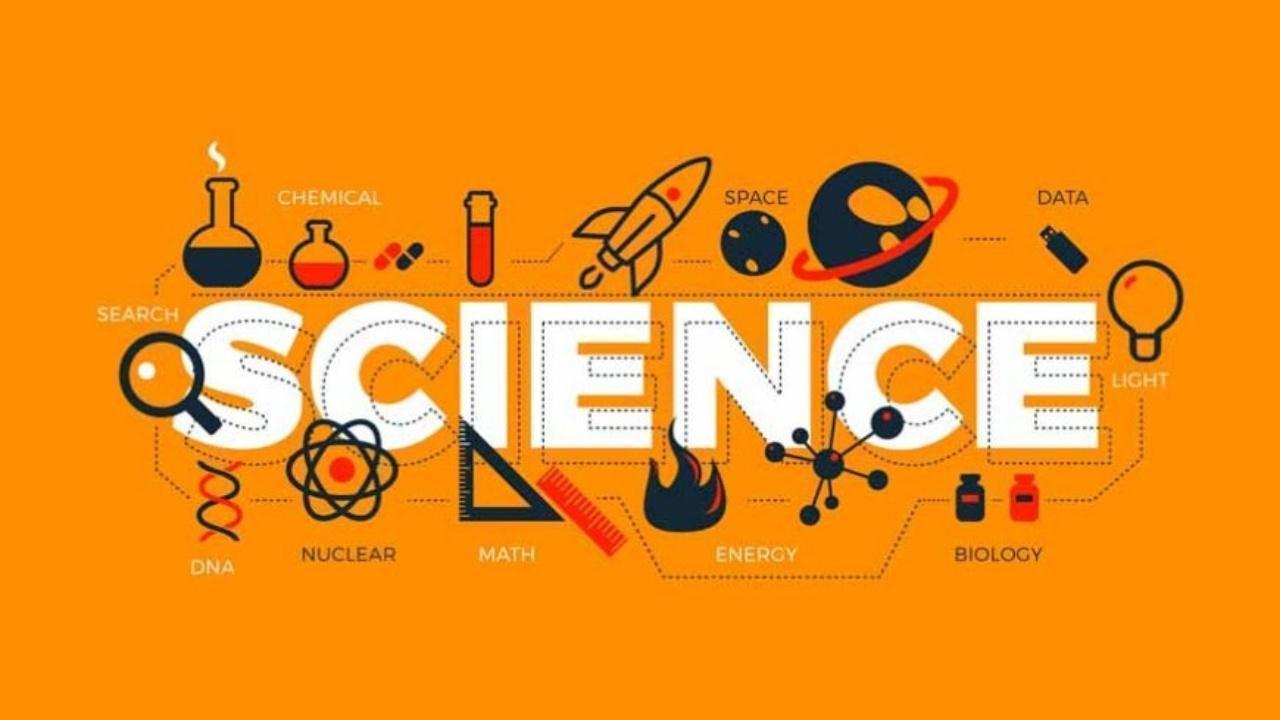You have not yet added any article to your bookmarks!

Join 10k+ people to get notified about new posts, news and tips.
Do not worry we don't spam!

Post by : Saif Rahman
Climate change is one of the biggest problems facing our world today. Rising temperatures, stronger storms, and melting ice are already affecting people, nature, and the economy. But there is hope. Climate technology, or climate tech, is creating new ways to protect the planet while also growing the economy.
Climate tech includes tools, machines, and ideas that reduce pollution and help us live in a cleaner, safer world. Examples include solar panels, electric cars, wind turbines, energy-saving devices, and new farming methods that use less water. These technologies not only fight climate change but also create jobs, save money, and open up new business opportunities.
How Climate Tech Helps the Economy
Creating Jobs:
Building solar panels, installing wind turbines, and designing electric vehicles all need skilled workers. According to the International Renewable Energy Agency, renewable energy jobs worldwide could rise to over 38 million by 2030. This means more work for engineers, construction workers, scientists, and even local service providers.
Saving Energy Costs:
Businesses and homes that use clean energy spend less on fuel and electricity over time. For example, a solar-powered home can cut electricity bills by up to 70%. Companies that improve energy efficiency can use the savings to grow their businesses or pay workers more.
Attracting Investment:
Climate tech is becoming a fast-growing industry. Investors are putting billions of dollars into clean energy, green transport, and smart farming. Countries that lead in climate tech—like the United States, China, and India—are seeing new factories, research centers, and export opportunities.
Supporting Farmers and Rural Areas:
New farming tools like drought-resistant seeds and water-saving irrigation help farmers grow more food, even in changing weather. This strengthens rural economies and keeps food prices stable.
Reducing Disaster Costs:
Extreme weather events like floods, droughts, and storms cost governments and businesses billions every year. By using climate tech—like early warning systems or stronger building materials—we can prevent damage and save money in the long run.
Why Businesses and Governments Care
Many countries have set goals to reduce pollution and reach “net-zero” emissions in the coming decades. Climate tech offers them a way to meet these goals while boosting their economies. For businesses, going green can also improve their reputation and attract customers who care about the environment.
Governments are offering tax breaks, grants, and loans to encourage companies to invest in clean technology. This creates a cycle: more support leads to more innovation, which leads to more jobs and income.
A Future Full of Opportunities
Young people around the world are showing interest in climate tech careers. Schools and universities are adding courses on renewable energy and sustainable design. Communities are starting local projects, like solar farms or electric bus networks, which bring both environmental and economic gains.
Experts believe that if the world invests wisely in climate tech now, it could unlock trillions of dollars in economic value by 2050. It’s a chance not only to slow climate change but to build stronger, fairer economies.
What This Means for All of Us
Choosing climate-friendly products, supporting clean energy policies, or even learning new green skills can make a difference. Small steps add up. For families, this could mean lower energy bills. For businesses, it could mean new customers. For governments, it means a healthier economy and planet.
Climate tech is not just about saving the Earth—it is about creating a better future for everyone. By investing in clean energy, smart farming, and green transport, we can fight climate change and build strong economies at the same time. The benefits are clear: more jobs, lower costs, and safer communities. Acting now will make sure future generations inherit both a healthy planet and a thriving economy.










Dalal Street Spotlight: Top 10 Stocks Investors Are Watching as Markets Open on a High
Indian stock markets begin the week with strong momentum, and several blue-chip and mid-cap stocks a

Market Movers Today: Key Stocks Set To Watch In Indian Markets
Indian equity markets are poised for active trading as several major companies, including Bharti Air

Milan Welcomes the World: Inside the Grand Opening Ceremony of the 2026 Winter Olympics
The 2026 Winter Olympics opening ceremony in Milan marked a defining moment for global sport, blendi

Unfolding Market Drama: Sensex & Nifty Trade Volatility Amid Budget Fallout and India-US Trade Breakthrough
Indian equity markets exhibited high volatility this week as the 2026 Union Budget triggered sharp s

Dhurandhar 2 Teaser Countdown Ignites Fan Frenzy: All You Need to Know
The highly anticipated sequel to the blockbuster Dhurandhar is building intense excitement as the Dh

Vietnam Overtakes Thailand as Top Choice for Chinese Tourists
Vietnam has quietly surpassed Thailand as the favorite destination for Chinese tourists in 2025.